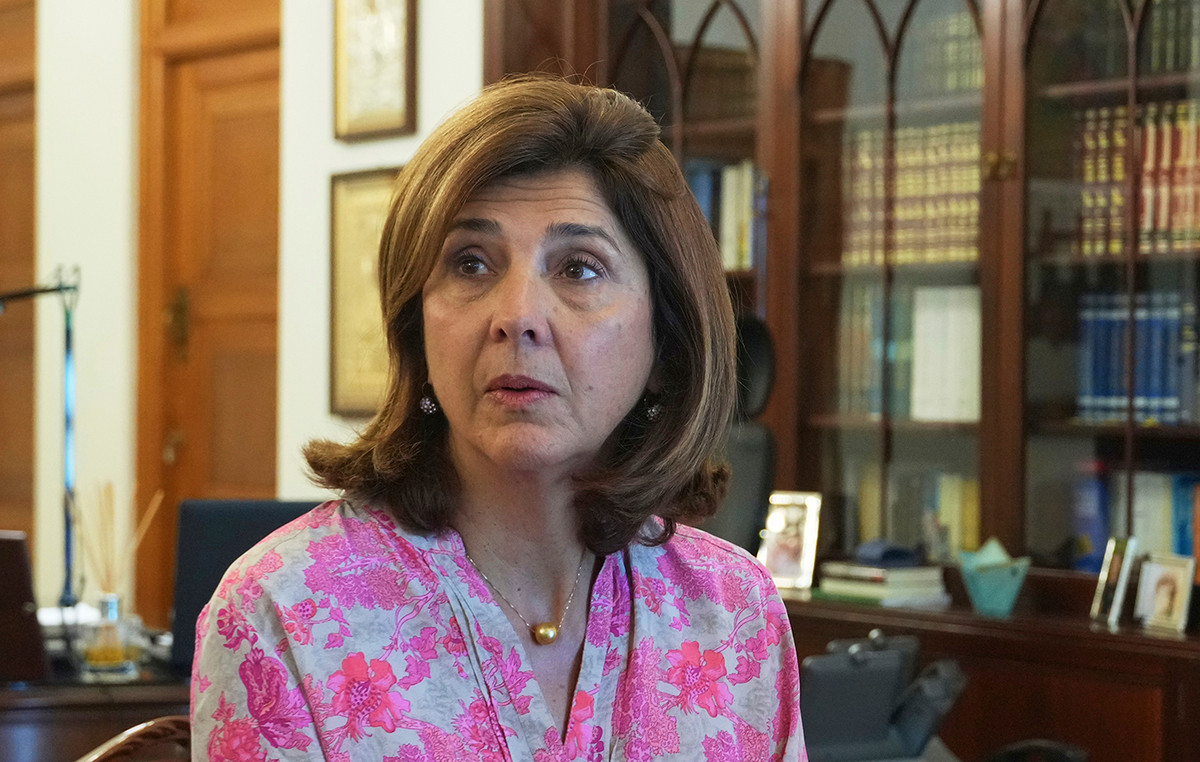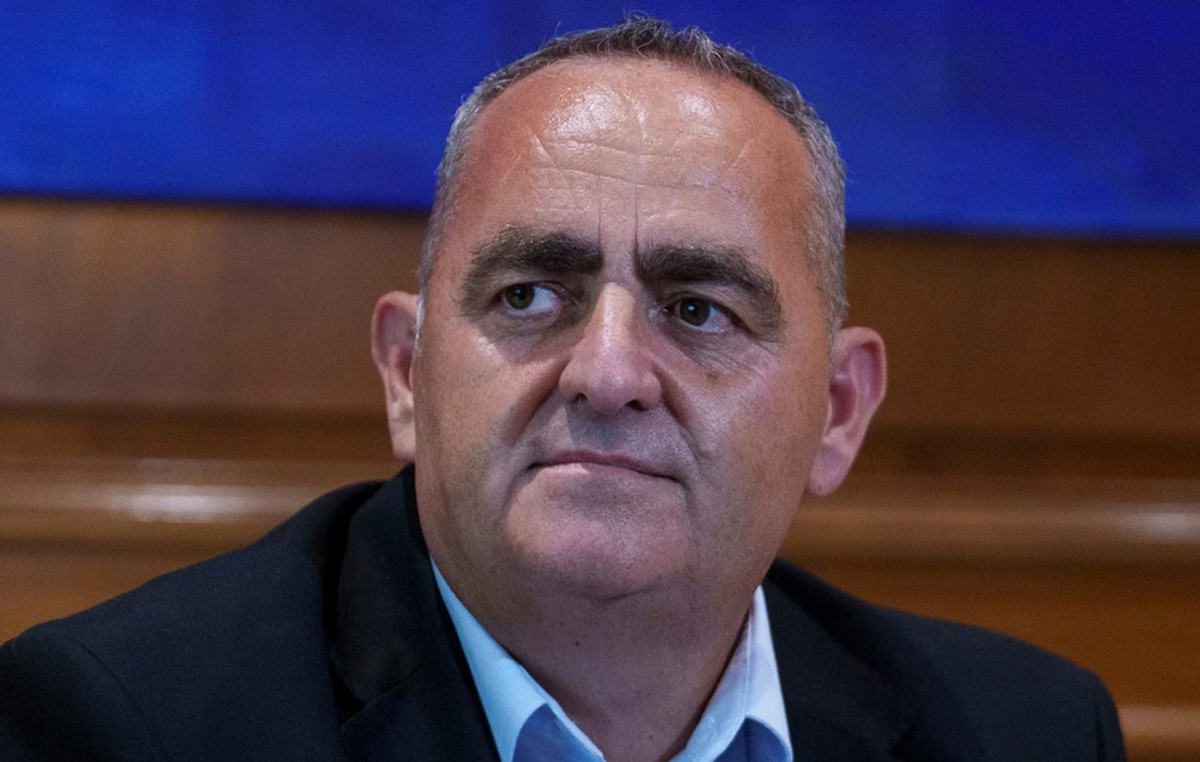Apple and other smartphone makers will be required to support USB-C as part of a single charging standard for mobile devices across the European Union by autumn 2024. HUH.
The legislation aims to reduce e-waste and eliminate “cable clutter,” said Margrethe Vestager, vice president of the European Commission.
According to a statement, “Mobile phones, tablets, e-readers, headsets, digital cameras, headphones and headsets, handheld video game consoles and portable speakers rechargeable via a wired cable will have to be equipped with USB-C, regardless of their manufacture”.
The next rules will apply to new small and medium-sized electronics sold in the EU.
Chargers that support fast charging will also be required to adopt the same charging speeds.
The move doesn’t affect wireless charging technologies, and consumers would have to buy a device without a charger included if they wanted to.
The new rule brings big changes for Apple users. Sought out, the company did not immediately respond to a request for comment.
But during the legislative process, Apple told EU officials that the proposed rule would make up to a billion devices and accessories that use the company’s proprietary Lightning connector obsolete, according to a report by the EU Parliament.
A 2021 study cited in the same report found that iPhones with the Lightning connector accounted for 18% of new cell phone sales in 2019, with 44% using USB-C and 38% using the older USB Micro-B connector.
The demise of Apple’s Lightning connector has been expected for some time. The company already uses the USB-C standard on some Macs and iPads and is testing iPhone models without the Lightning port.
But Tuesday’s announcement could accelerate Apple’s move to USB-C and potentially lead to the company ditching Lightning worldwide, for good.
Efforts to impose a single charging standard in Europe date back more than a decade.
Authorities even guaranteed industry support for the USB Micro-B standard, but a voluntary agreement between major manufacturers to that effect expired in 2014 and has not been superseded.
The upcoming law to require USB-C, on the other hand, is among the first of its kind.
Tuesday’s announcement followed trilateral negotiations by the European Commission, Parliament and Council.
The billing measure must still receive final approval before it goes into effect, but the process is widely considered a formality.
Source: CNN Brasil







